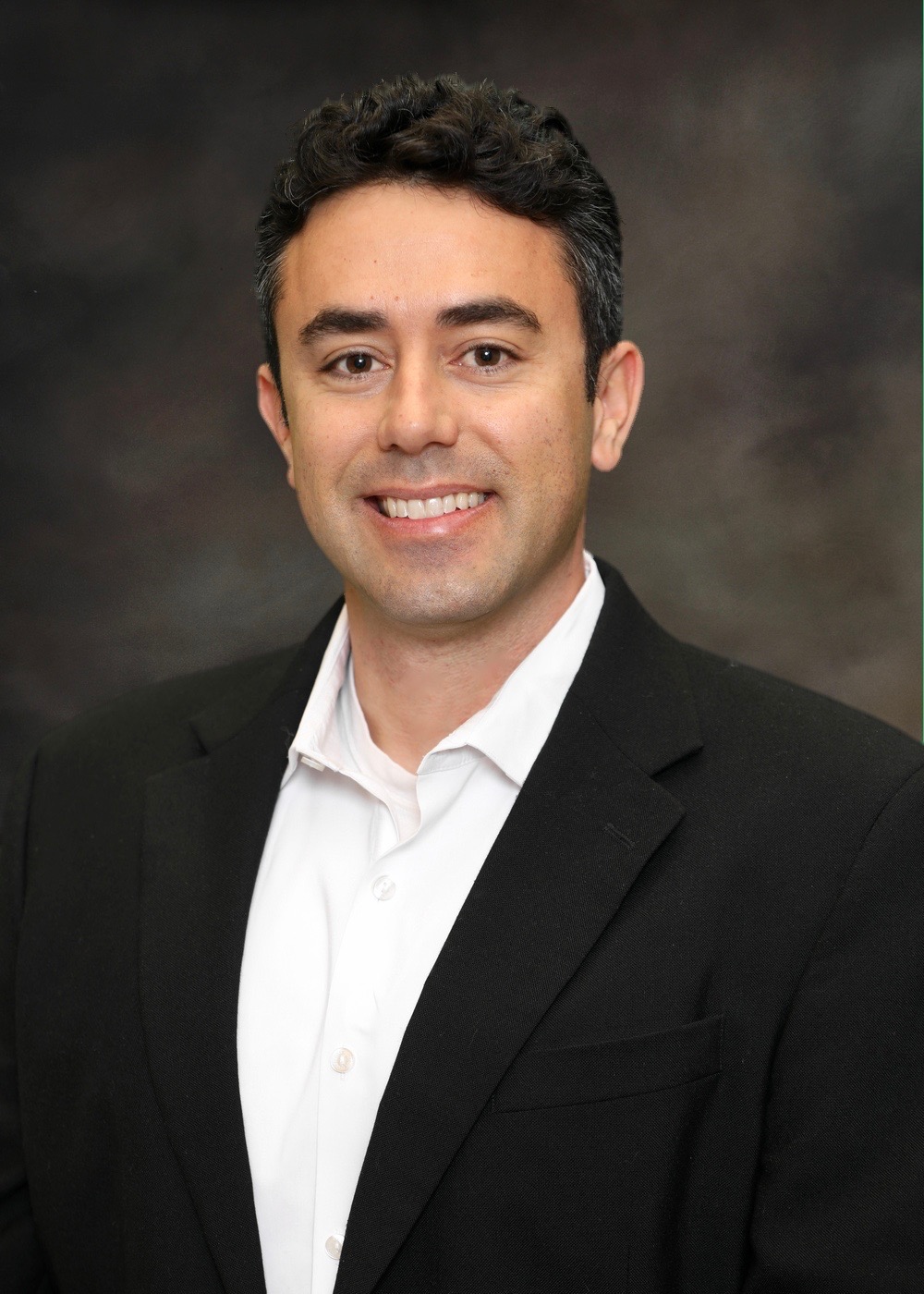Applications in Data Science
Speakers and abstracts for the applied data science session
This session highlights data science applications for human welfare on the Earth's surface to exploring the edges of the universe!

Ivan J. Ramirez
Speaker Affiliation: Assistant Professor CTT, Department of Health and Behavioral Sciences, CU Denver
Title: Integrating Climate, Health, and Social Data for Public Health Action
Abstract: In this presentation, I share ongoing work focused on the integration of climate, health and social data for public health and community actions. To better understand impacts associated with a changing climate, variability, and extreme events, we need (but often do not have) multiple sets of data information at various geographic scales to characterize and manage health risks and population vulnerability. Using a case study in Peru, I discuss data challenges, progress, and pragmatic ways to move forward.

Santiago Saavedra
Speaker Affiliation: Visiting Assistant Professor, Department of Economics, CU Denver / Universidad del Rosario, Brazil
Title: Colombian Mining Monitoring (CoMiMo)
Abstract: https://comimo.sig-gis.com/ Illegal mining is very common around the world: 67% of United States companies could not identified the origin of the minerals used in their supply chain (GAO, 2016). Currently National Governments around the world are not able to detect illegal activity, losing valuable resources for development. Meanwhile, the pollution generated by illegal mines seriously affects surrounding populations. We use Planet-NICFI imagery and machine learning to identify mining activity. Through the user friendly interface called Colombian Mining Monitoring (CoMiMo), we alert government authorities, NGOs and concerned citizens about possible mining activity. They can verify if the model is correct using high-resolution imagery and take action if needed.

Hamilton Bean
Speaker Affiliation: Associate Professor, Department of Communication, CU Denver
Title: Wireless Emergency Alerts and the 2021-2022 Marshall Fire
Abstract: The Wireless Emergency Alerts (WEA) system has existed for more than a decade. Even though the Federal Emergency Management Agency (FEMA) has done much to bring this technology to the fore, recent history in California and Colorado demonstrates that some local emergency management officials still do not adequately prepare for issuing WEA messages to save people’s lives. Capabilities and processes vary widely due to institutional histories, market forces, and individual personalities. The 2021-2022 Marshall Fire in Boulder, Colorado indicated that even the most technologically wired and adequately prepared emergency management organizations can still fail to provide their community members with WEA messages to protect life and property. This project explores whether and how issuing WEA messages during the Marshall Fire might have made a difference. Working with data scientists, the project investigates whether improved situational awareness, reductions in evacuation delay, and better traffic management may have been possible.

Justin Cole
Speaker Affiliation: Undergraduate Student in Data Analytics & Systems Engineering (DASE), University of Colorado Colorado Springs (UCCS)
Title: Water in the American West and the Fourth Industrial Revolution
Abstract: There is both a need and an opportunity to revolutionize the way we manage water. The three main forces propelling this shift are the state of the water industry, the quality & quantity of water resources in the American West, and the advent of the Fourth Industrial Revolution (“4IR”). The goal of this presentation is to better understand water resource challenges in the American West, divide them into pieces, and identify modern approaches that could address them. Such approaches include, but are not limited to: the application of IoT sensors, Artificial Intelligence/Machine Learning (AI/ML), remote sensing, and blockchain. This presentation uses a myriad of sources to map 4IR technologies and practices to different challenges faced by water resource managers. These ideas will be critical as data professionals continue to integrate into water conservation efforts, especially in arid regions like ours.

Wendy Charles
Speaker Affiliation: Health Administration Program, Business School, CU Denver
Title: Data Sets as Assets: Blockchain-based Valuation and Transaction Methods
Abstract: This presentation will create awareness of the emerging marketplaces for real-world data exchanges and monetization. The presentation will also explain the role of non-cryptocurrency blockchain-based methods for managing "data as an asset" with valuation and exchange methods.

Anthony Villano
Speaker Affiliation: Assistant Professor, Department of Physics, CU Denver
Title: Making Sense of Chaos: The Huge Datasets of Dark Matter Searches
Abstract: Modern technology allows us to save almost every electrical impulse produced by our most cutting-edge dark matter detectors--like the ones used by the Super Cryogenic Dark Matter Search (SuperCDMS). But can we make optimal use of all this data? I will provide an overview of the kinds of data stored and the data volumes from the SuperCDMS experiment and ponder how this data can be efficiently analyzed and potentially made available to everyone interested in dark matter science.